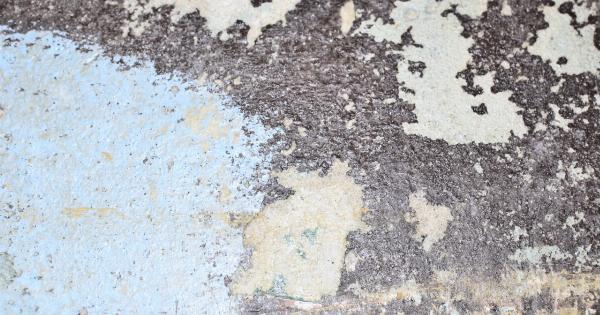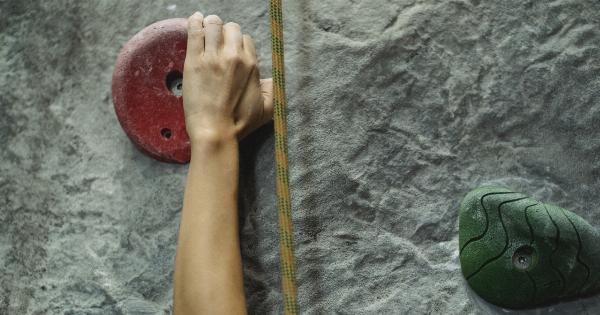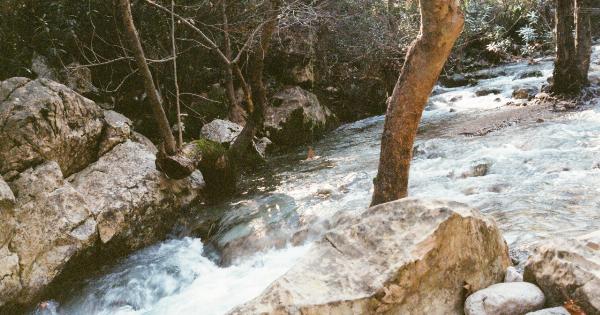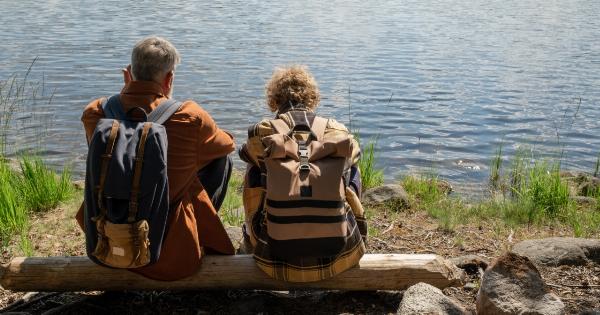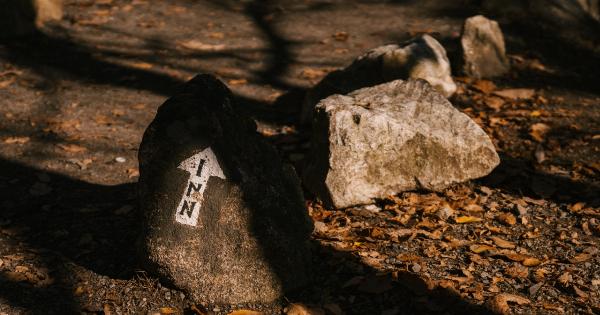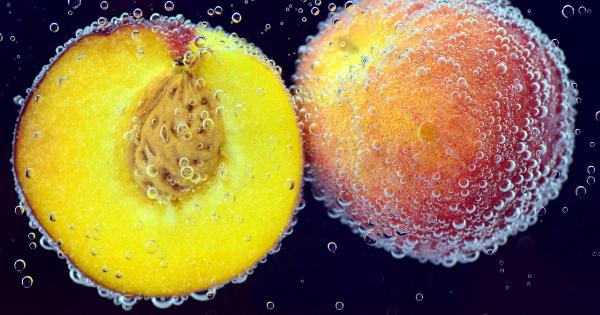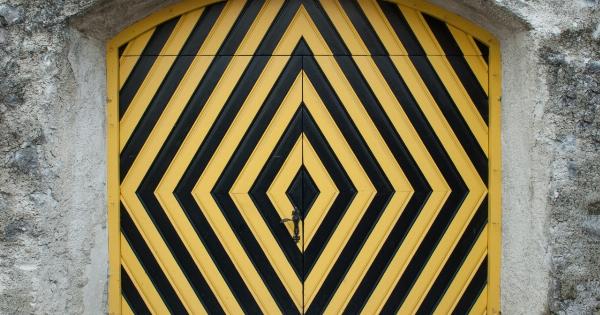Bile stones, which are also known as gallstones, are small, hard deposits of substances mainly consisting of bile salts, cholesterol, and bilirubin that accumulate in your gallbladder.
The size of gallstones can range from a sand grain to a golf ball, but sometimes, a person can have tiny stones that go unnoticed for years.
Bile stones can cause problems when they obstruct the flow of bile through the bile ducts, causing pain, inflammation, and sometimes infection. They can also lead to the development of other health conditions.
What Causes Bile Stones?
Bile stones develop when there is an imbalance in the components in bile present in the gallbladder. The liver produces bile, which is a yellow-green fluid that helps in the digestion of fats.
The fats are broken down by bile acids that convert them into small droplets that are then absorbed by the intestinal tract. Bile stones form when there is too much cholesterol in bile, or if there are not enough bile salts.
Some of the risk factors that can lead to liver stones include:.
- Age: As people age, their bodies lose the ability to break down cholesterol, which can lead to bile stone formation.
- Obesity: Obesity can lead to higher levels of cholesterol in the bile, which can result in gallstones.
- Gender: Women are more likely to develop bilary tract diseases than men.
- Rapid Weight Loss: Losing weight too quickly can lead to the formation of gallstones.
- Family History: A family history of gallstones can increase your risk of developing them.
- Medications: Some medications may increase your risk of developing bile stones.
Symptoms of Bile Stones
Some people may have bile stones and experience no symptoms; however, others may experience various symptoms based on the severity of their situation.
Some of the symptoms may include:.
- Severe pain in the right upper abdomen
- Nausea and Vomiting
- Indigestion
- Yellowish tinge of the skin and Whites of the Eyes
- Clay-colored stools
- High fever with chills
- Increased heart rate and blood pressure
How to Avoid Bile Stones?
If you want to avoid bile stones and prevent the onset of related medical complications, you should follow these healthy lifestyle habits:.
- Maintain a healthy weight: Maintaining a healthy weight can reduce your risk of developing bile stones.
- Eat a High-Fiber Diet: Eating a high-fiber diet can help you maintain healthy digestion and regulate cholesterol levels.
- Stay Hydrated: Drinking enough water helps in keeping the bile thin and free-flowing in your gallbladder.
- Limit your Fat Intake: Limiting your fat intake can help lower your risk for developing bile stones.
- Avoid Crash Dieting: Avoid crash diets, and instead lose weight slowly and steadily to prevent bile stone formation.
- Exercise Regularly: Regular exercise can help maintain a healthy weight, reduce inflammation, and prevent the formation of bile stones.
- Avoid Certain Medications: Some medications may increase your risk of developing gallstones. Talk to your doctor if you are at risk for developing bile stones, and avoid any medication that may exacerbate the issue.
When to Seek Medical Attention?
If you are experiencing severe pain under your ribs towards your right side, vomiting, sweating, or high fever, you should seek medical attention immediately.
These symptoms may indicate the presence of bile stones, which can cause serious health complications if left untreated.
You may need to undergo diagnostic tests like an ultrasound, CT scan, or MRI to confirm the presence of bile stones.
If left untreated, gallstones can lead to chronic conditions such as acute choledocholithiasis, jaundice, cholangitis, and pancreatitis.
Conclusion
Bile stones or gallstones are a common health condition that can be prevented through healthy lifestyle habits. Maintaining a healthy weight, eating a high-fiber diet, and staying hydrated can assist in preventing the formation of bile stones.
If you are experiencing any symptoms of bile stones, you should seek medical attention right away. Early detection can help prevent complications and avoid surgical procedures.





